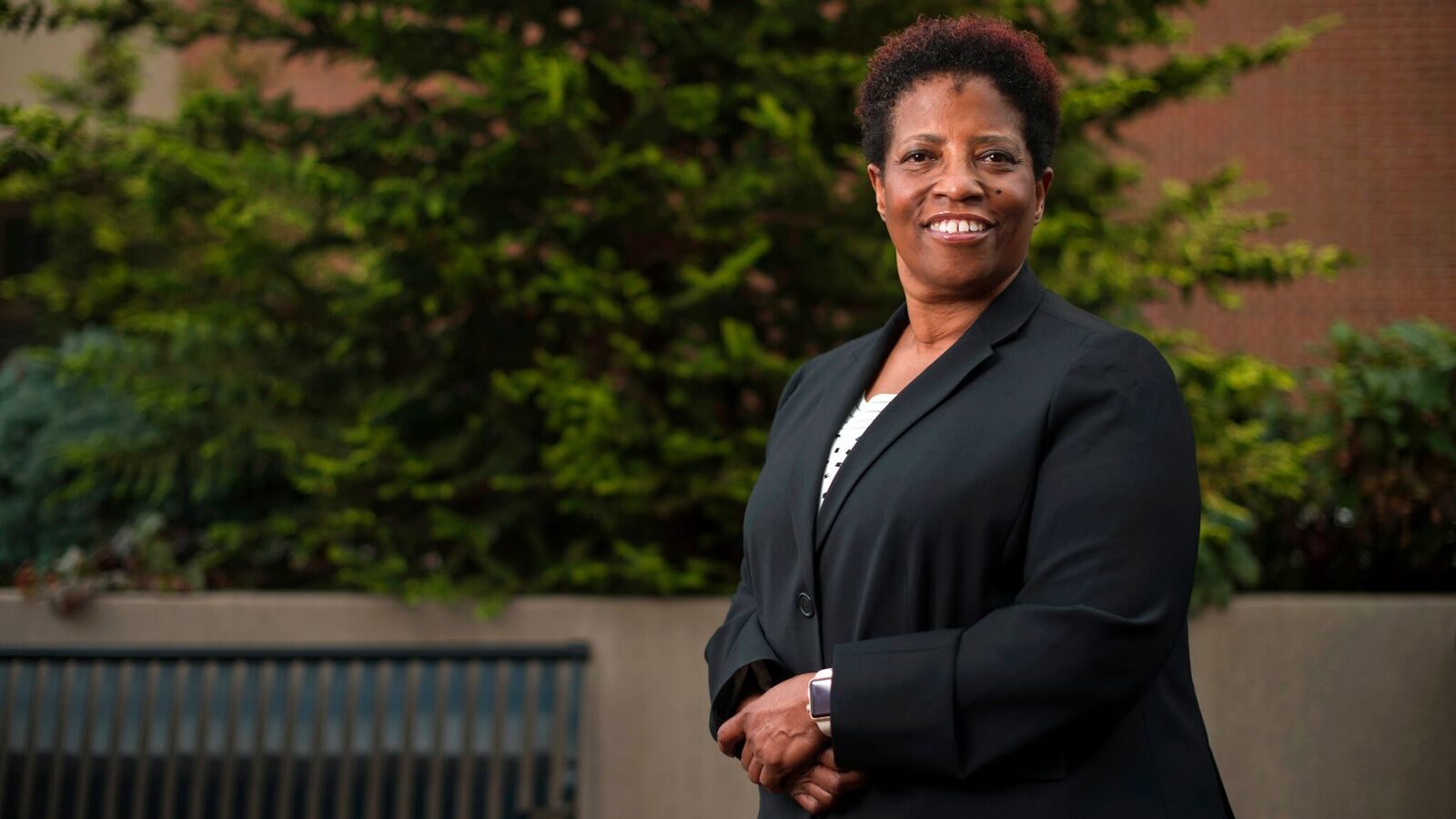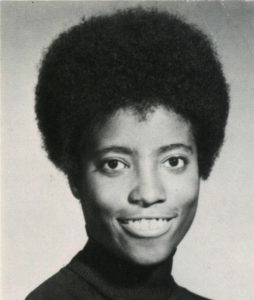 Photo By Adam Brimer
Photo By Adam Brimer
Raised in a small, racially segregated city in the 1950s and 60s, Noma Anderson draws from personal experience, including when she enrolled at a predominately white university in 1966, when talking about the importance of embracing diversity and inclusion.
“Many times I was tripped carrying my tray in the cafeteria, and it was understood that when parents of the white students who were my friends visited, we had to act as though we didn’t know each other,” she said. “But what I experienced there that impacted me the most was that my faculty members were either cruel or indifferent to me. I couldn’t figure out how to achieve. My brain shut down, and I transferred to a school where I could succeed.”

In her new role as special advisor on diversity and inclusion, Anderson is assisting UT President Joe DiPietro on system-wide efforts to enhance diversity among faculty, staff and students and to promote inclusion in UT’s living, learning and working environments.
Following are excerpts from an interview with Anderson, the first African-American named a dean at the UT Health Science Center.
Q: How does embracing diversity and inclusion impact our workplace?
A: “The more diverse we are as a University community and the more culturally aware and respectful we are toward others—the better able we are to succeed at everything we do. Our workforce is changing in lots of ways. Racial and ethnic diversity is increasing as more people move into our country from around the world.
“More segments of our nation’s population are gaining access to the workforce. We have millennials working alongside baby boomers, and we’re bringing more veterans into the workplace. For these reasons and many others, our workplace has to evolve and adapt, too. We have to work together for the common good.
What’s the most important thing for employees to know to grow in their understanding of diversity?
“Th e most important thing to understand is the depth and breadth of diversity. Diversity encompasses race, ethnicity, culture, gender, sexual orientation and identity, ability, and much more. Whatever one’s definition, I would ask them to expand it. The next steps are becoming culturally competent, taking ownership of learning about the people around you and being more empathetic. Try to understand how others may feel and how you can help a situation.
You’ve dedicated your career to motivating others. What’s been your personal motivation?
“Being your best, contributing and making a difference were concepts I acquired from my parents and my Durham, North Carolina, community that have guided me throughout my life and career. My parents expected me to work as hard as I could, do as well as I could and to always care about others.
“Th at was a strong message in our household. My parents wanted me to recognize that people struggle and to understand the importance of assisting with their struggle. That was the era in which I grew up. The civil rights era brought a renewed sense of togetherness so that all can achieve. I’ve tried to always encourage my students because I know how devastating it is to the brain and spirit when that doesn’t happen.
How can employees collectively impact UT’s diversity and inclusion efforts?
“We have to create a statewide conversation and sense of urgency among our entire University community. I encourage employees to use whatever opportunities they have to promote diversity and inclusion in their departments and through their work. We have a shared responsibility for ensuring the University of Tennessee is a welcoming environment for all. We, as a faculty and staff , have a tremendous opportunity to serve as role models to the students who have made UT their home and to the visitors, community members, partners and alumni we interact with every day.
Tags: Diversity and Inclusion, For Your Benefit, Interviews